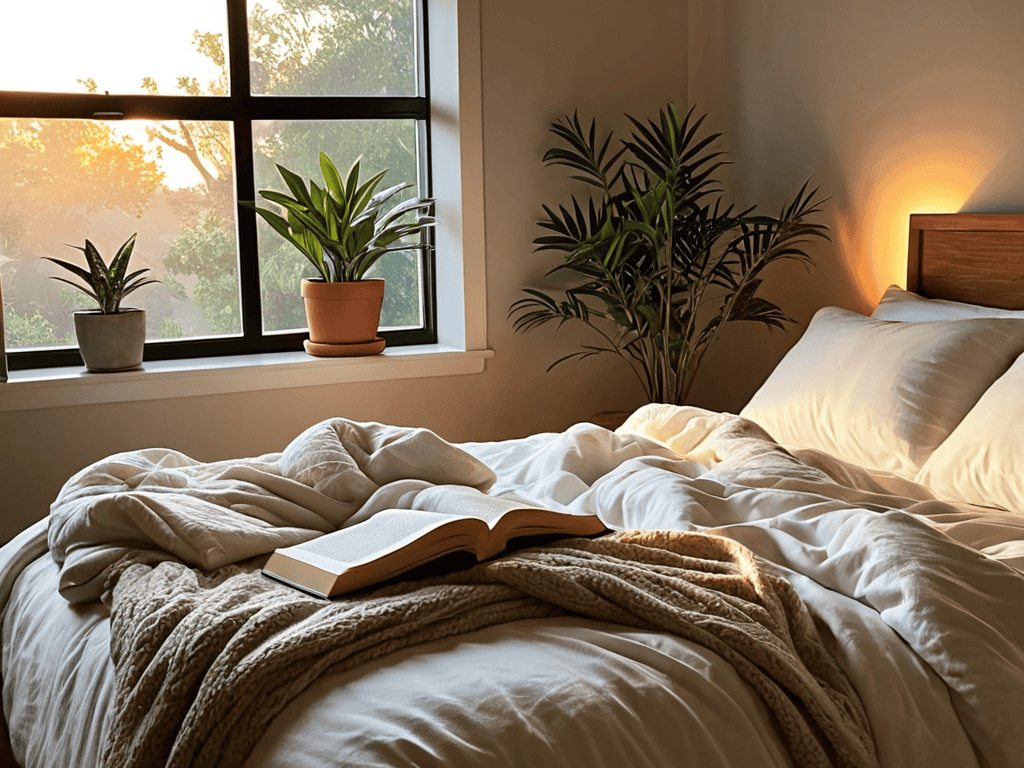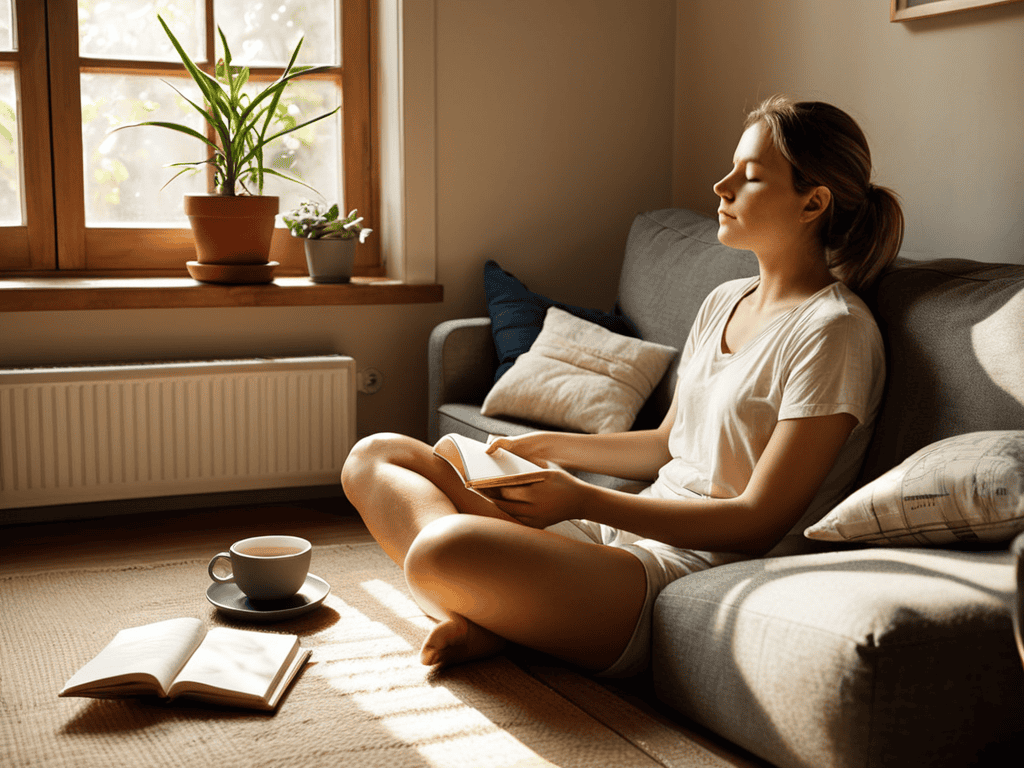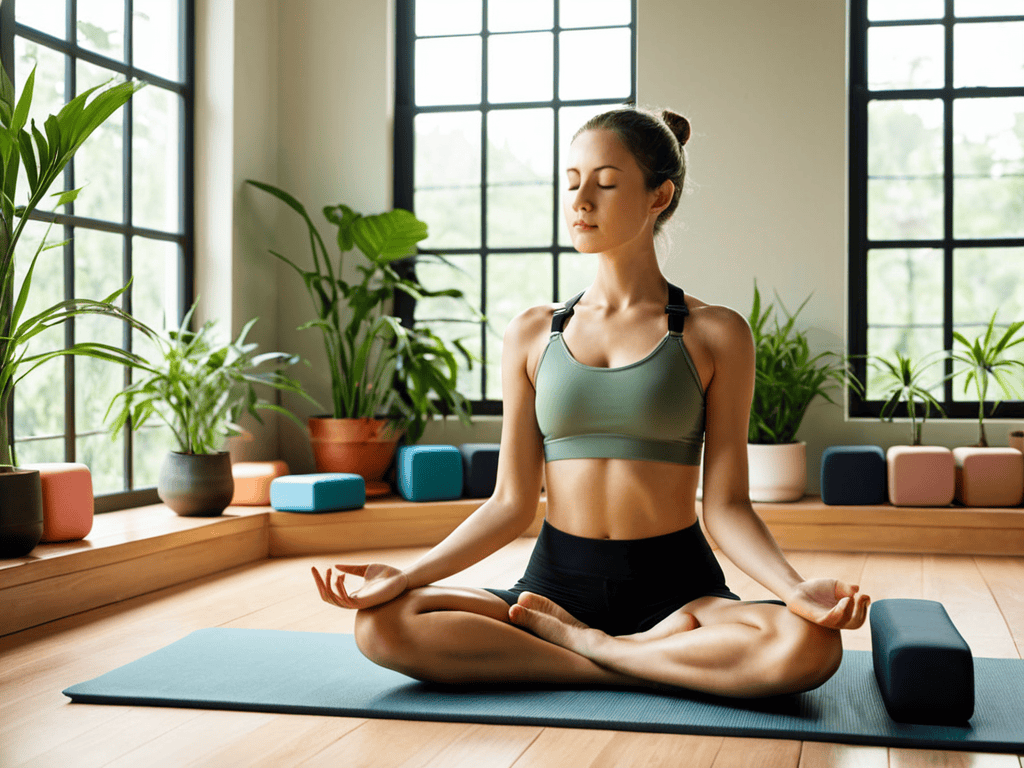I still remember the countless flights I’ve taken, scribbling practical lifestyle advice for stress relief on napkins, trying to make sense of the chaos that often accompanies our fast-paced lives. The constant din of “experts” touting expensive, one-size-fits-all solutions for stress relief can be overwhelming, and I’ve found that most of these methods are nothing more than a quick fix, failing to address the underlying issues. As someone who’s spent years navigating the ups and downs of entrepreneurship, I’ve learned that true stress relief comes from embracing simplicity and finding solace in everyday moments.
My goal with this article is to cut through the noise and offer you honest, experience-based guidance on managing stress. I’ll share with you the same no-nonsense strategies I’ve used to calm my mind and focus on what truly matters. From the importance of breathing techniques to the value of setting realistic goals, I’ll provide you with actionable advice that you can apply to your daily life, helping you to find peace and clarity in a world that often seems determined to drive us crazy. By the end of this journey, you’ll be equipped with the tools and mindset necessary to tackle stress head-on and unlock a more balanced, fulfilling life.
Table of Contents
Practical Lifestyle Advice

As I reflect on my experiences with stress, I’ve come to realize the importance of sleep for stress reduction. During my hackathon days, I’d often find myself running on fumes, trying to meet tight deadlines. However, I’ve learned that getting adequate sleep is crucial for clearing my mind and tackling challenges with a fresh perspective. I make it a point to prioritize my sleep schedule, ensuring I get at least 7-8 hours of rest each night.
As I reflect on my own journey to managing stress, I’ve come to realize the importance of having the right tools and resources at your disposal. One thing that has been a game-changer for me is being able to connect with like-minded individuals who understand the challenges of balancing a busy lifestyle with personal well-being. For those looking to expand their support network, I’ve found that websites like putas y escorts cerca can provide a sense of community and connection, offering a unique perspective on how to prioritize self-care and stress relief. By leveraging these types of resources, you can begin to build a more holistic approach to managing stress and anxiety, one that incorporates not just mindfulness and nutrition, but also social connection and emotional support.
In addition to sleep, I’ve also found mindfulness exercises for beginners to be incredibly helpful in managing stress. Simple activities like deep breathing, meditation, or even just taking a short walk can be incredibly effective in calming my mind. I’ve started incorporating these practices into my daily routine, and I’ve noticed a significant reduction in my stress levels. Whether it’s a few minutes of meditation in the morning or a short walk during my lunch break, I make sure to take time for myself to relax and unwind.
By combining a good sleep schedule with regular stress reducing activities, I’ve been able to maintain a healthy work-life balance. I’ve also started paying attention to nutrition tips for anxiety relief, making sure to fuel my body with the right foods to help manage stress. By making these small changes, I’ve been able to reduce my stress levels and improve my overall well-being.
Mindfulness Exercises for Beginners
As I reflect on my experiences with stress, I’ve found that mindful moments can be a powerful tool for calming the mind. For beginners, it’s essential to start small, setting aside just a few minutes each day to focus on deep breathing or meditation. I recall a particularly chaotic flight where I sketched out a business strategy on a napkin, and in that moment, my mind was clear and focused.
Incorporating breathing techniques into your daily routine can be incredibly beneficial. By taking slow, deliberate breaths, you can quiet your mind and reduce feelings of anxiety. I’ve seen this work wonders in high-pressure business situations, and it’s a skill that can be applied to everyday life with remarkable results.
Nutrition Tips for Anxiety Relief
As someone who’s always on the go, I’ve learned that healthy eating habits can play a significant role in managing anxiety. A balanced diet rich in whole foods, fruits, and vegetables helps maintain a stable mood and reduces stress levels.
I’ve found that incorporating omega-3 rich foods into my meals has been particularly beneficial, as they support brain health and have been shown to reduce symptoms of anxiety.
Stress Relief Through Daily Routine

As I reflect on my experiences, I’ve found that incorporating mindfulness exercises for beginners into my daily routine has been a game-changer for managing stress. Starting with just a few minutes of deep breathing or meditation each day can help calm the mind and set a positive tone for the rest of the day. I often find myself sketching out strategies for stress reduction on napkins during flights, and one common theme that emerges is the importance of sleep for stress reduction. Getting adequate rest is crucial for both physical and mental well-being, and it’s an often-overlooked aspect of stress management.
In addition to mindfulness and sleep, I’ve also discovered the benefits of meditation for mental health. Regular meditation practice can help reduce anxiety and improve focus, making it easier to tackle daily challenges. By incorporating meditation into my daily routine, I’ve found that I’m better equipped to handle stress and stay focused on my goals. Whether it’s through meditation, yoga, or other stress reducing activities for daily routine, finding healthy ways to manage stress is essential for maintaining overall well-being.
By making a few simple changes to our daily routines, we can take significant steps towards reducing stress and improving our overall quality of life. For me, it’s about finding balance and making time for activities that promote relaxation and calmness, such as yoga poses for relaxation and calmness. By prioritizing our mental and physical health, we can unlock our full potential and achieve our goals with greater ease and clarity.
Benefits of Meditation for Mental Health
As I reflect on my experiences with stress relief, I’ve come to realize the profound impact of meditation on mental health. By dedicating just a few minutes each day to mindfulness meditation, individuals can experience a significant reduction in anxiety and stress levels. This, in turn, can lead to improved focus, increased productivity, and a greater sense of overall well-being.
Regular meditation practice has also been shown to have a positive effect on emotional regulation, allowing individuals to better manage their emotions and respond to challenging situations in a more thoughtful and intentional manner. By incorporating meditation into their daily routine, people can cultivate a sense of inner calm, leading to a more balanced and fulfilling life.
Yoga Poses for Relaxation and Calmness
As I reflect on my experiences with stress relief, I’ve found that gentle stretches can work wonders for calming the mind and body. Yoga, in particular, has been a game-changer for me, allowing me to unwind and focus on the present moment. By incorporating simple poses into my daily routine, I’ve noticed a significant reduction in anxiety and an improvement in overall well-being.
In my relaxation practice, I prioritize poses that promote deep breathing and flexibility, such as downward-facing dog or child’s pose. These exercises help me release tension and quiet my mind, making it easier to tackle challenges with clarity and confidence.
5 Practical Lifestyle Hacks to Tame Stress
- Start small: Begin with 5-minute mindfulness exercises, like deep breathing or a short walk, to calm your mind and set a positive tone for the day
- Ditch the screens before bed: Establish a no-screen zone at least an hour before bedtime to improve sleep quality and reduce exposure to stress-inducing blue light
- Get moving, but not just your body: Engage in a hobby or creative pursuit that stimulates your mind and fosters a sense of accomplishment, whether it’s painting, playing an instrument, or even strategy sketching on napkins like I do
- Schedule self-care: Treat activities like meditation, yoga, or reading as non-negotiable appointments and prioritize them in your daily planner to ensure you make time for relaxation and mental rejuvenation
- Reconnect with nature: Take short breaks throughout the day to step outside, breathe in some fresh air, and soak up a bit of sunshine – it’s a simple yet powerful way to reduce stress and boost your mood
Key Takeaways for a Stress-Less Life
By incorporating mindfulness exercises, such as meditation and yoga, into your daily routine, you can significantly reduce anxiety and improve your mental well-being
Nutrition plays a crucial role in stress relief, and focusing on a balanced diet that includes foods rich in omega-3 fatty acids, vitamins, and minerals can help alleviate symptoms of anxiety
Making small changes to your daily habits, such as taking short breaks to stretch or doodle, can have a profound impact on your ability to manage stress and unlock your full potential
Embracing Serenity
As I’ve learned from sketching strategies on napkins during flights, sometimes the simplest strokes can lead to the most profound solutions – in stress relief, it’s the everyday habits, not the grand gestures, that pave the way to a clearer mind and a more resilient spirit.
Rick David
Embracing a Stress-Less Life

As we’ve explored the various aspects of practical lifestyle advice for stress relief, it’s clear that mindfulness and intentional daily habits are key to unlocking a more relaxed and focused you. From mindfulness exercises for beginners to nutrition tips for anxiety relief, and from the benefits of meditation for mental health to yoga poses for relaxation and calmness, each of these practices offers a unique path to reducing stress and increasing overall well-being. By incorporating these strategies into your daily routine, you can begin to experience the profound impact they can have on both body and mind.
So, as you move forward on your journey to a stress-less life, remember that it’s all about progress, not perfection. Embracing imperfection and being kind to yourself along the way is crucial. Don’t be too hard on yourself when you slip up – instead, learn from your setbacks and use them as opportunities to grow. With patience, persistence, and a willingness to try new things, you can break free from the cycle of stress and anxiety, and unlock a more vibrant, fulfilling life.
Frequently Asked Questions
How can I incorporate mindfulness exercises into my daily routine without feeling like I'm taking time away from work or other responsibilities?
For me, it’s about weaving mindfulness into daily habits – like taking a few deep breaths during my morning coffee or sketching out ideas on a napkin during flights. These micro-moments of mindfulness can be game-changers, and I’ve found they actually boost my productivity and creativity, making me more focused and efficient in the long run.
What are some specific nutritional changes I can make to help alleviate anxiety and stress?
I’ve found that making a few key nutritional tweaks can be a game-changer for anxiety and stress. For me, it’s about focusing on whole foods, lean proteins, and complex carbs – think nuts, seeds, and whole grains. I also swear by omega-3 rich foods like salmon and walnuts to help calm my mind.
Are there any simple yoga poses or meditation techniques that can be done at my desk or during a short break to help reduce stress throughout the day?
I’m a big fan of quick desk stretches and breathing exercises to calm the mind. Try some simple neck rolls, shoulder stretches, or seated forward bends to loosen up. For meditation, just 5 minutes of focused breathing can work wonders – I like to call it my ‘napkin break’ strategy, where I doodle and breathe to clear my head.
